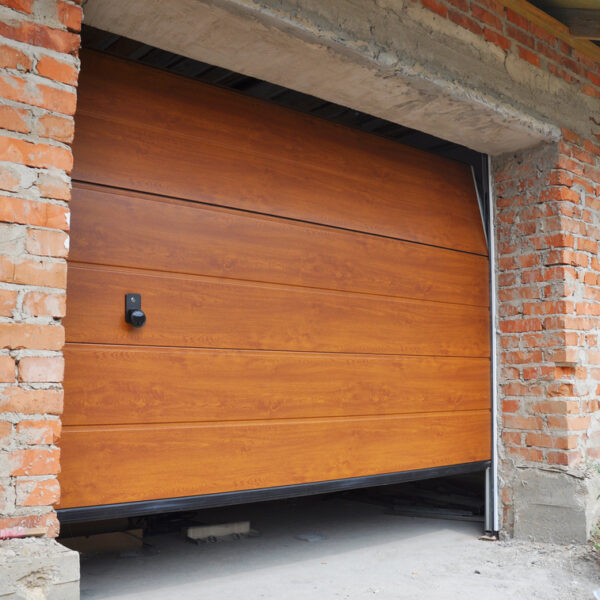Four Common Queries Associated With Garage Doors
Four common queries associated with garage doors
A garage door might not be on the top of your list when you are building a home, but it is definitely an important part of your home. Almost everyone owns a car that is of a great importance; it is something that you would ensure to keep safe. To help keep your car safe from dust, dirt, and extreme weather conditions, it is essential to store it in a well-maintained garage with a sturdy and reliable garage door.

Most people settle for a functional garage door that just about does the job. However, there is a lot more to a garage door than just protecting your garage. Read on to know more about the different materials and mechanisms used, the quality standards, and the average price of garage doors.
What is the average price of a garage door?
- Garage doors are not the most expensive investment in your home, but it could cost you a lot if you opt for the highest quality.
- A garage door price is not just limited to the cost of the door; it also includes the installation charges that will be levied by the company. In most cases, they will provide a bill with a collective amount including the installation charges.
- The average price of a garage door can be set at around $2,000; however, there are cheaper variants which can be priced as low as $400. Moreover, there are other, expensive variants that can cost around $6,000.
Which are the different materials for a garage door?
- Wood: This is one of the most used materials for garage doors. As most people want their garage doors to be similar to the front doors, they opt for wooden garage doors. It is also one of the most elite materials for garage doors, as it has a charm and authenticity which other materials cannot mimic.
- Steel: This is another bright option for garage doors, especially when you are looking for a door with minimum maintenance. It is one of the popularly chosen materials as it is not expensive and provides a sturdy equipment.
- Aluminum: These type of garage doors were very common initially; however, they have now been replaced with slightly sturdier versions. Aluminum doors can be an expensive affair, but they are extremely low maintenance. They are safe from termites as well as rust. If you opt for a lesser expensive aluminum door, then the frames and panels might be of other materials.
Which are the different mechanisms used in a garage door?
- Swing up/swing out: A swing up door can function only if you keep the ceiling free. As the door swings up, it requires leverage inside the garage to make the swing. Whereas in a swing out door variant, the doors open outwards with a lock at the center.
- Roll up: The roll-up garage doors are one of the most common garage doors. They do not take up a massive amount of space, but they are not compatible but wood. If you are looking for a roll-up garage door, you will have to stick with steel or aluminum doors.
- Side to side: These doors are the horizontal alternatives of roll-up garage doors. They are doors that have multiple attachments which either allow you to slide them or fold and open them.
What are the different quality standards of a garage door?
- A high-quality door will cost you anywhere between $4,000 and $6,000. A custom-made door can help you in setting the quality of your door. A solid wood custom model, however, is one that could cost you a large amount but give you leading quality.
- Mid-standard quality garage doors are aluminum doors, which are sturdy in nature but not as expensive as wood. These are single standard models and can cost you between $800 and $1,000. You can also customize aluminum garage doors.
- An affordable quality of garage doors is usually manufactured with steel and a combination of other materials like high-density polyethylene. These doors start at around $400 and could be an ideal investment if you use your garage as a warehouse. This quality of garage doors might require repairs, but you need not worry as a quick online search can help you with a list of 24-hour garage door repair stations near you.





